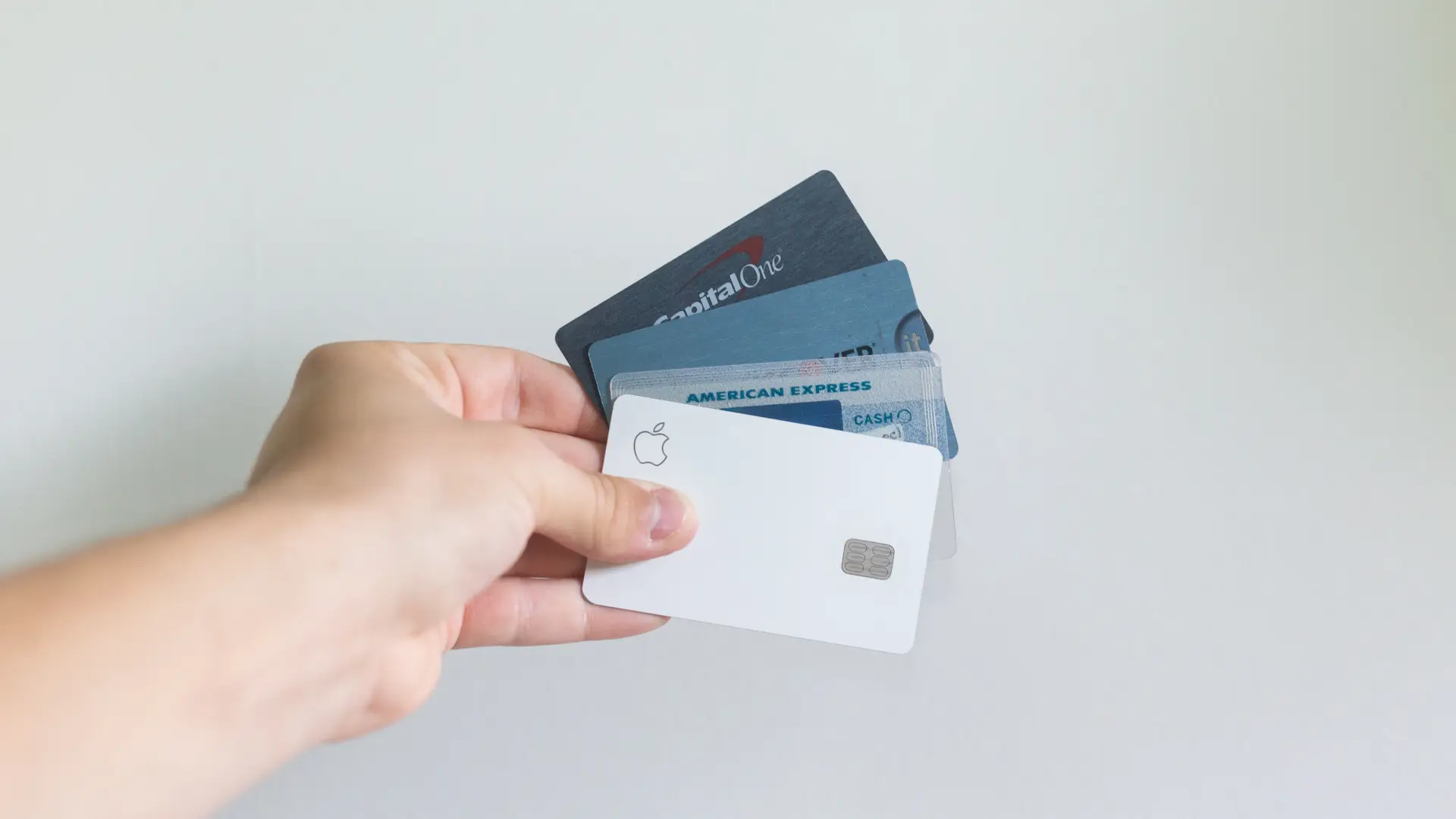It’s likely that you didn’t rack up credit card debt suddenly. For most of us, the process begins gradually with a few impulse purchases, followed by a few missed payments. Before we finally realize that the card’s introductory period has passed and the entire 26.99 % of interest has just begun to accrue.
You’re not the only one who owes money on their credit cards. You might be surprised to learn that you are in a unique position to independently negotiate your credit card debt. When faced with problems, we frequently turn to experts—auto mechanics, attorneys, and trainers. Establishing a monthly payment plan with your bank doesn’t require a degree in finance.
Why would your credit card company want to negotiate with you? These are a couple of reasons why.
Credit card companies are mindful that if you’re struggling financially, paying off the unsecured credit card debt might be the last thing on your mind. The bank’s objectives may change if you have fallen back on a credit card account.
An issuing bank might be willing to think about settling credit card debt so that it makes some money back instead of nothing instead of risking you neglecting debt or declaring bankruptcy. Credit card companies may be prepared to compromise to sustain a long-term association with you or prevent you from skipping payments because they have a motivation to maintain you as a client.
Let’s get on to how you should negotiate with credit card companies to settle your debt. It’s time to get ready for war before we go into more detail. Armor and weapons are not necessary. Your negotiation abilities can still use some work. Following are some notable actions that can make a big difference.
Be Kind And Courteous
While you may have some clout as a customer, it doesn’t mean you bring in your worst attitude and demand for waived late fees and low-interest rates. Instead, interact in a cooperative manner. Other areas of life can also benefit from this. It will be possible to find solutions that work for both parties if you’re willing to do so.
Take Ownership
Like it or not, you must accept the fact that your credit card issues are partly your fault. Even if you believe you were duped or defrauded, you still choose to utilize the card. Taking ownership of the circumstance has a special power of its own.
Be Willing To Stay The Course
You may not be able to solve your issues in just one, two, or even three phone conversations. Obtain the names and personal contact details of the credit manager or other person who has the power to adjust your account once you have spoken with them.
Workout An Agreement
Develop a plan that is realistic and can be followed. Workout between the credit card issuer and how you are planning to settle the payments and negotiate your way through the lump sum amount and the interest rate. Once you reach an agreement, transfer it to writing and sign.
We hope this guide will help you negotiate your way through the mess of credit card debts and help you be more careful the next time around. Trust us; there’s nothing better than a good credit score in the long term.



